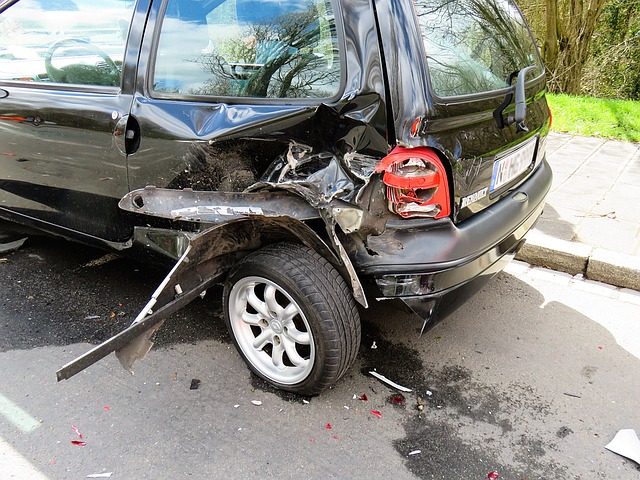Can You Sue a Driver for Road Rage?
Image by Gerhard G. from Pixabay
Unfortunately, road rage incidents are becoming more common in the United States. Road rage can often lead to serious accidents and even death. If you’ve been the victim of a car accident that was caused because of road rage, you may be wondering if you can sue the driver. After all, the other driver’s actions have caused significant losses and injury for you or your loved ones.
You may also be able to file a legal case against another driver who injured you or a family member in an assault caused by road rage. On top of being responsible for your medical bills, the other driver may also be held accountable for any damage to your personal property they caused.
If you are able to identify the person who was responsible for the road rage incident, you can file a personal injury lawsuit. The driver could face criminal charges depending on the circumstances of the accident.
Is Road Rage Considered Assault?
In some situations, road rage can be classified as assault and battery. This is because road rage includes purposeful acts, which could mean that a vehicle accident due to road rage is actually not accidental.
Some courts will consider these types of vehicular damages and injuries intentional. For instance, if the driver with road rage threatens to run you off the road or hit your car, the driver could be charged with assault and found guilty.
If the enraged driver purposely hits your car or touches you, this constitutes a battery charge. Other examples of battery as it pertains to road rage include:
- The angry driver intentionally strikes your car with their car
- The driver with road rage stepped out of the vehicle and stars attacking your car physically, i.e. hitting the windshield or striking the car with another object
- The enraged driver forces you to drive off the road, then exits their vehicle to physically assault you
Determining Liability
You don’t need criminal charges or a guilty verdict to file a personal injury lawsuit against the enraged driver. However, a verdict and charges could be helpful for winning your case. If you file criminal charges against the other driver, it will be easier for you to prove liability in the accident case or in a lawsuit for injuries you sustained during an assault at the hands of the other driver.
Even if the other driver isn’t arrested, you can still file a personal injury suit. However, you have to prove that the driver intentionally hit your car and was enraged during the incident. You also have to provide evidence that the driver did indeed cause the accident, i.e. purposely rear-ending you or forcing you to drive your vehicle off the road.
It’s important to file a legal case quickly, before the statute of limitations runs out and eyewitness memories begin to fade. Follow this link to learn more about the statue of limitation related to personal injury lawsuits from high-profile personal injury attorney Ben Crump.
Punitive Damages
Since road rage is malicious and calculated, your award could include both punitive and compensatory damages. This indicates that the courts may issue you a damage award so that the defendant will have to pay for medical injuries or vehicle repair.
If you’re injured in a car accident, you could file for damages such as:
- Medical bills, which include the treatment you received upon arriving at the hospital, and any future treatments you need because of your accident
- Lost wages, which includes the time you had to take off work to recover, visit the doctor, receive treatments for your accident, and attend court hearings.
- Pain and suffering, which includes any emotional and physical pain that you’ve suffered because of the accident, such as PTSD, depressing, and anxiety and physical discomfort or chronic pain
Punitive damages are awarded by the court as a way of punishing the offender so they’ll think twice before they commit any acts of road rage again. If you’ve been injured in a road rage incident, be sure to get an attorney so you can make sure the responsible party is held fully accountable. By doing so, you could be protecting other drivers in the future.

